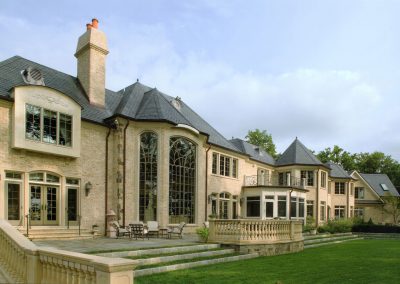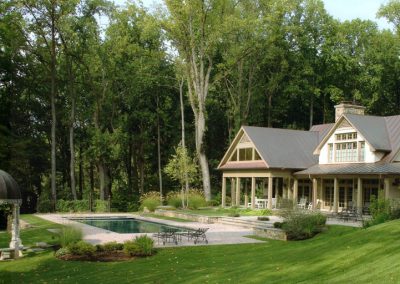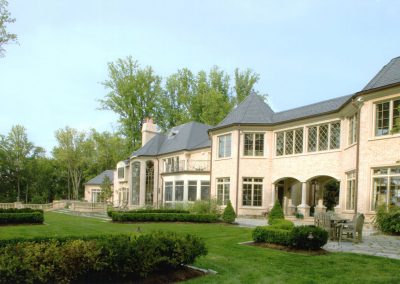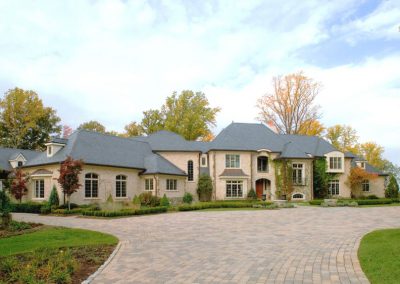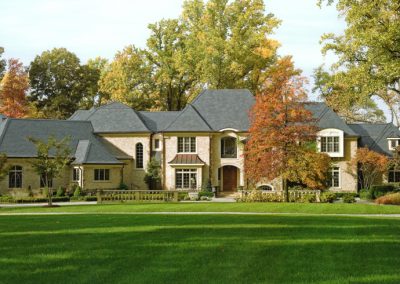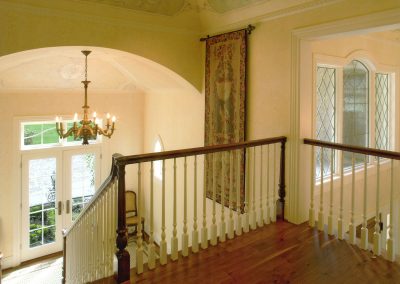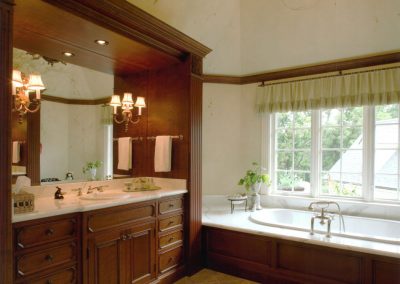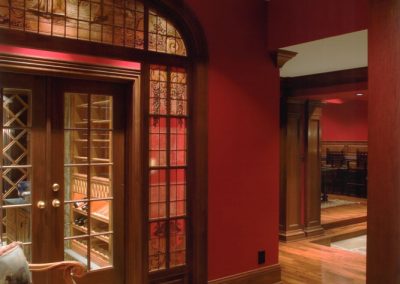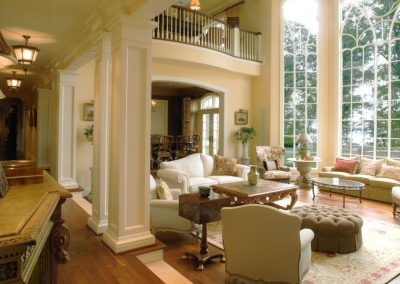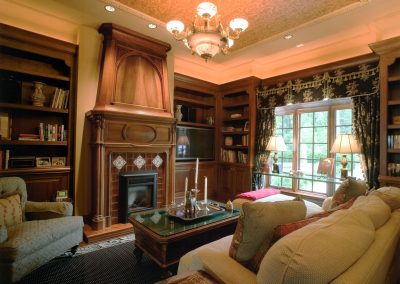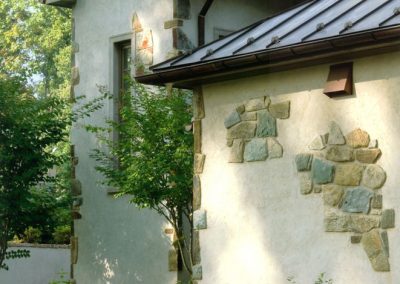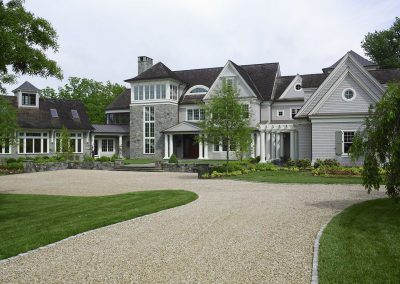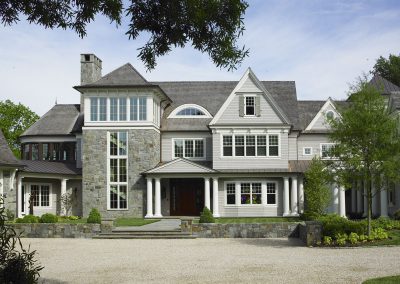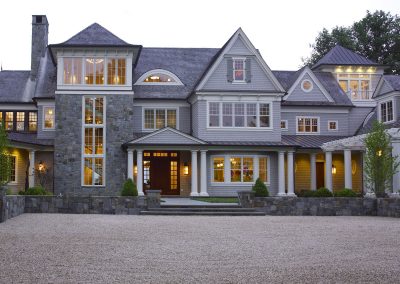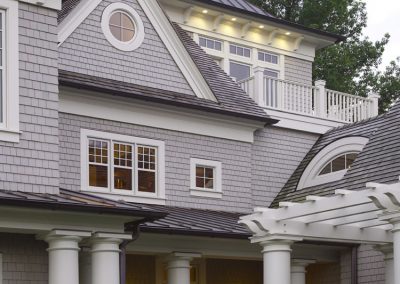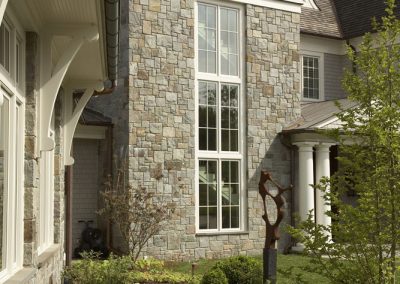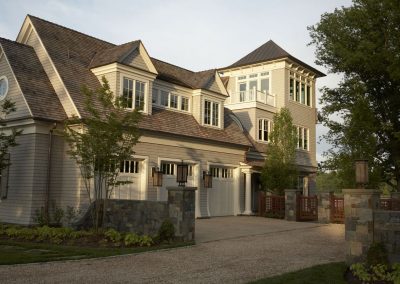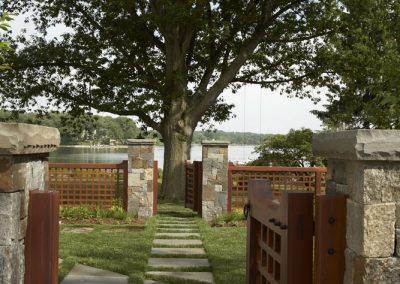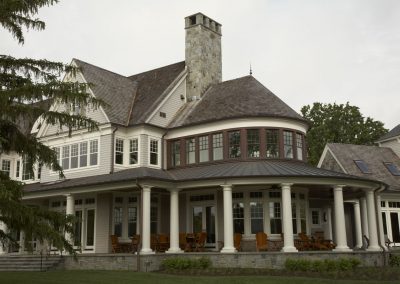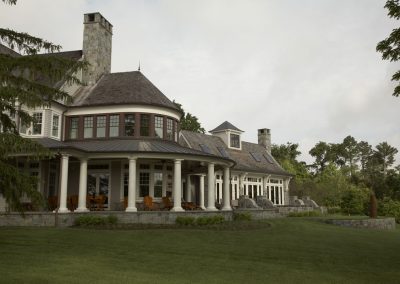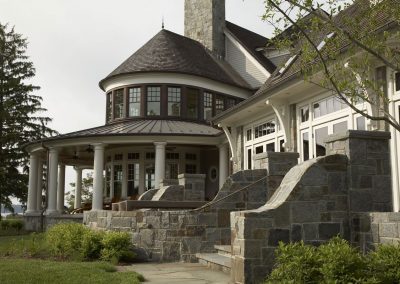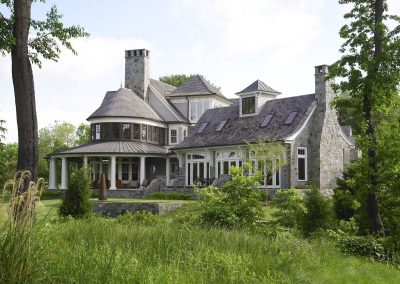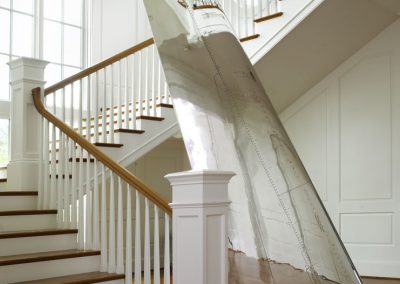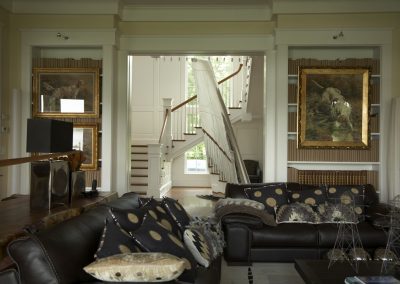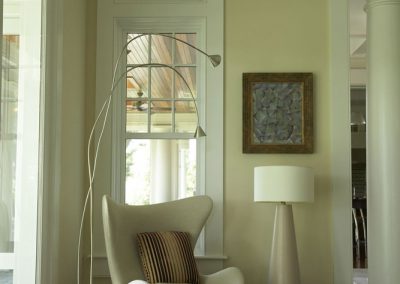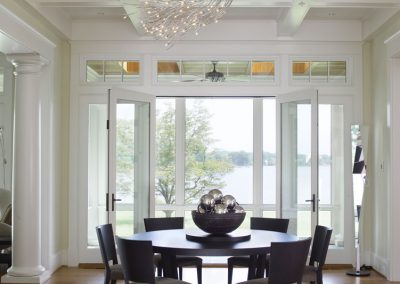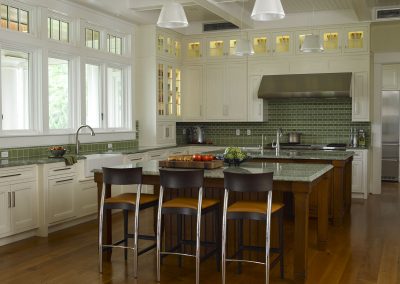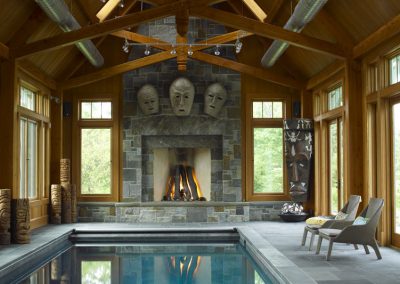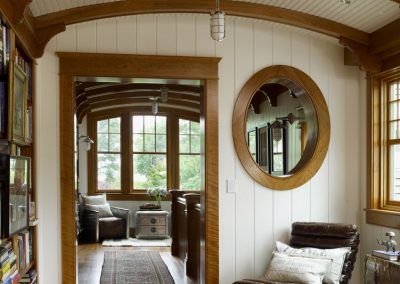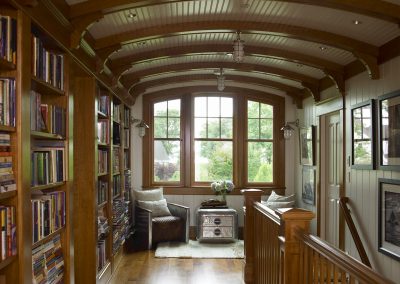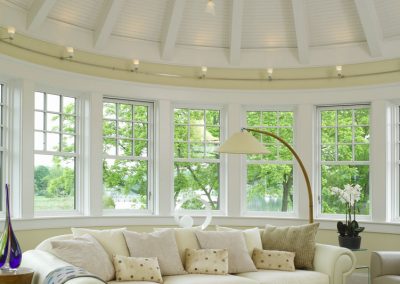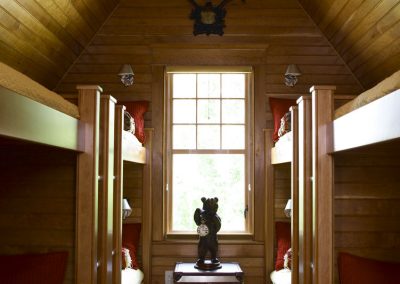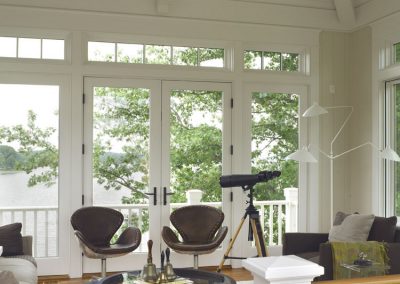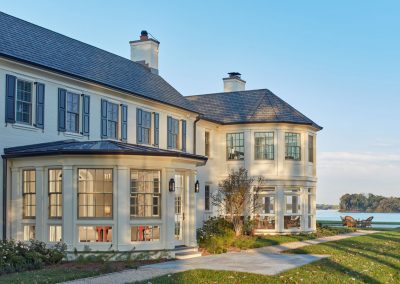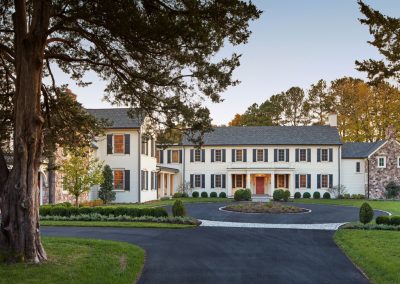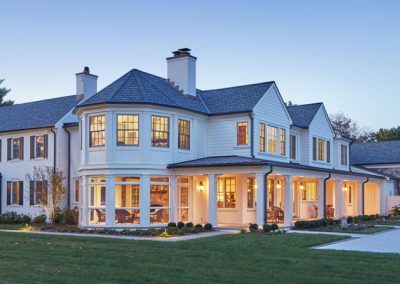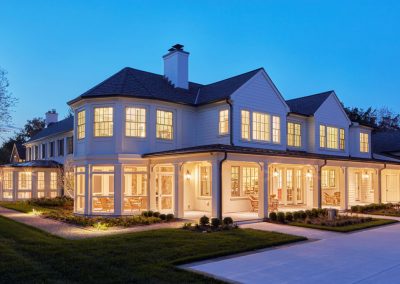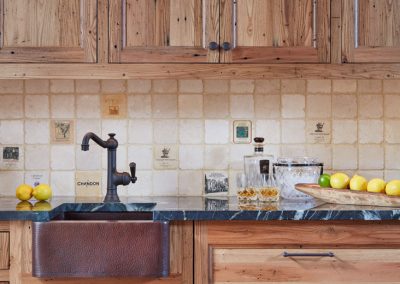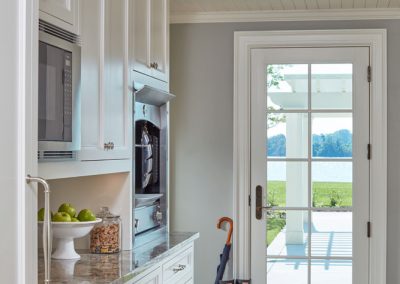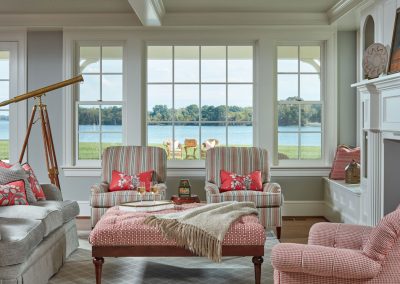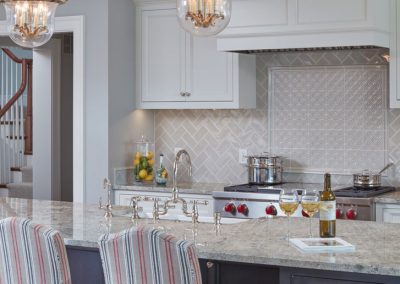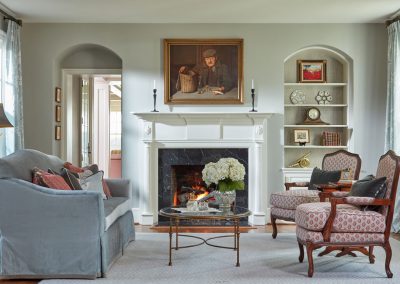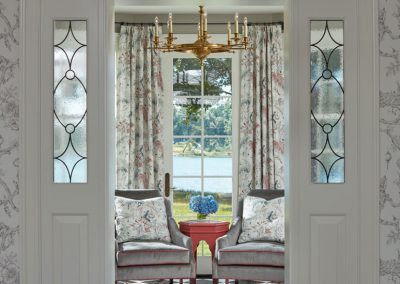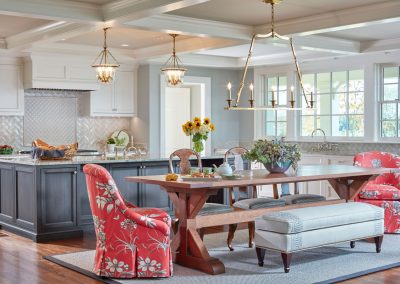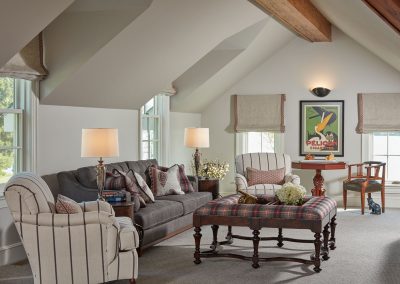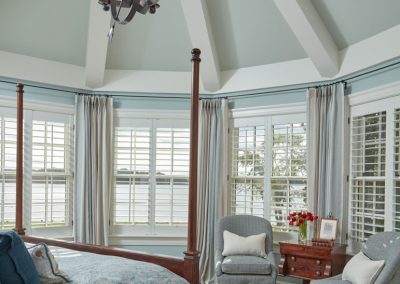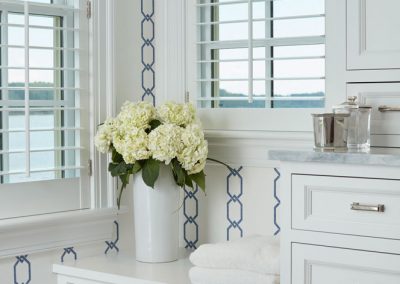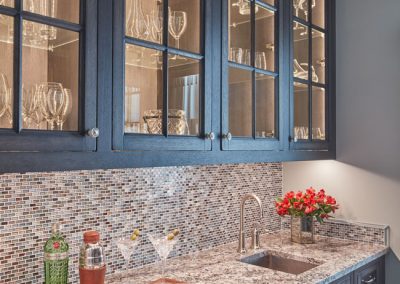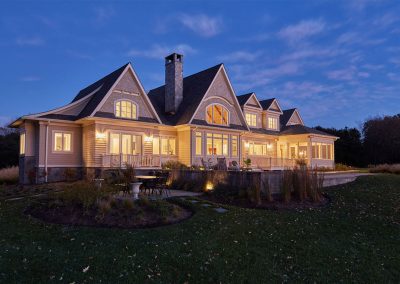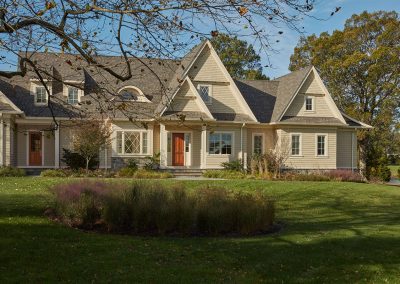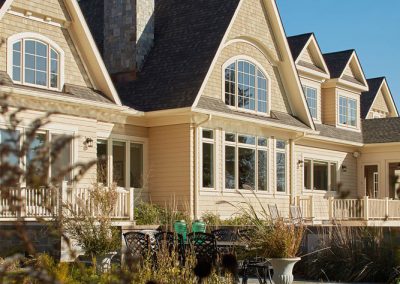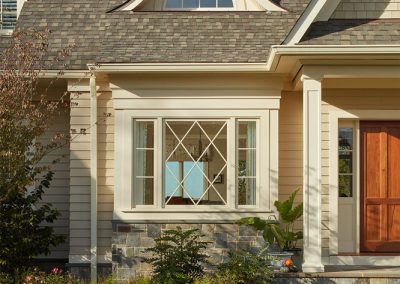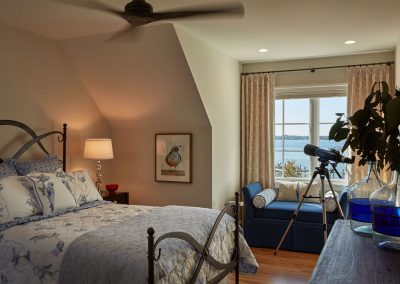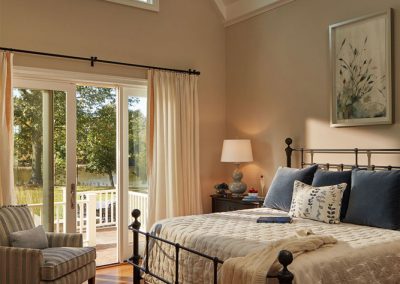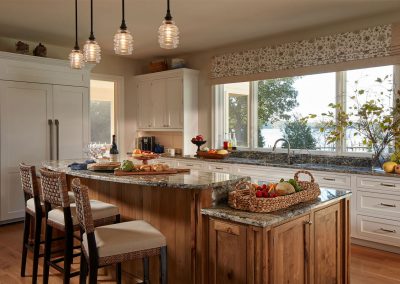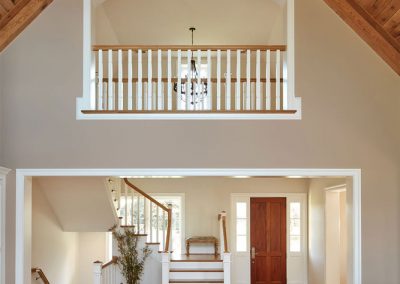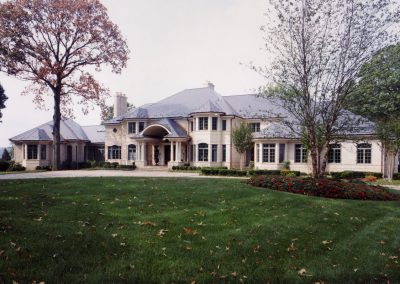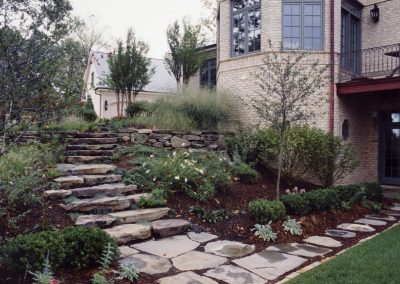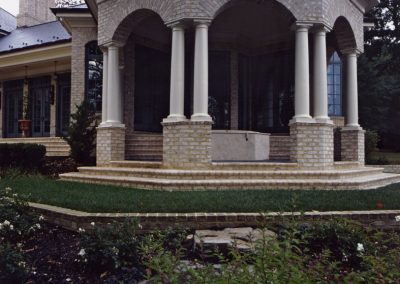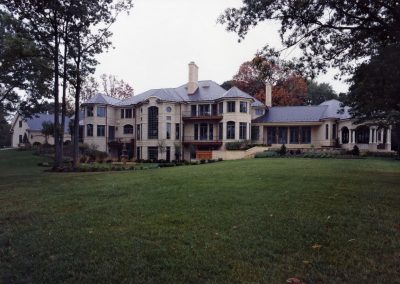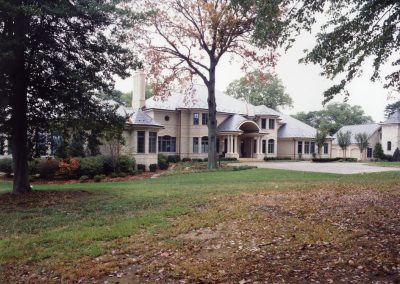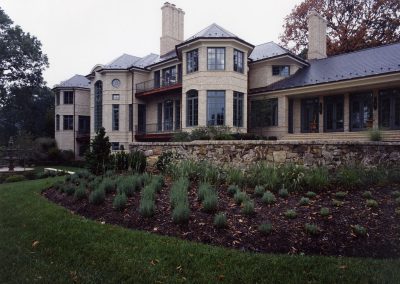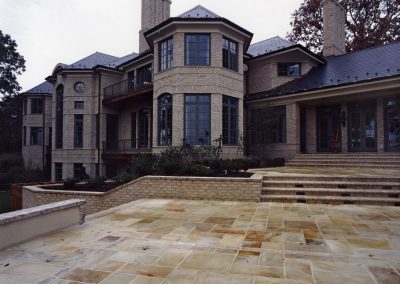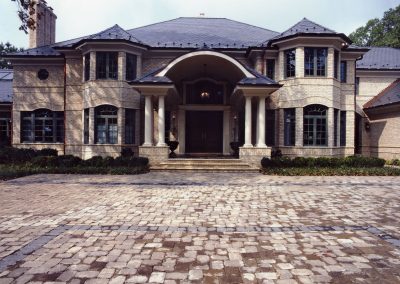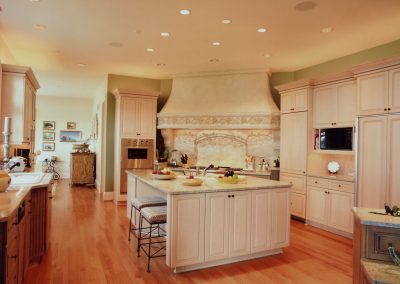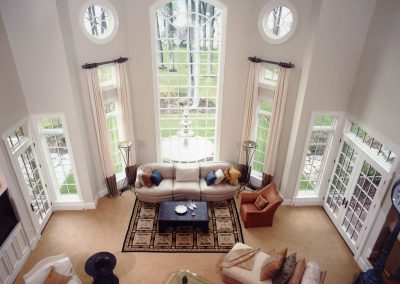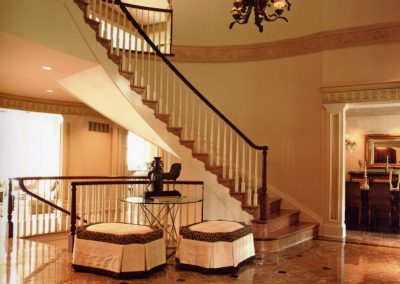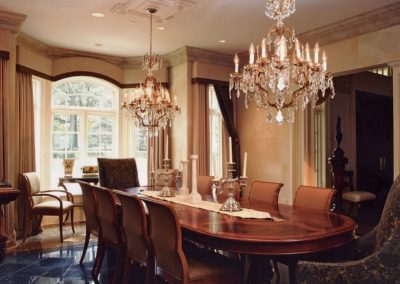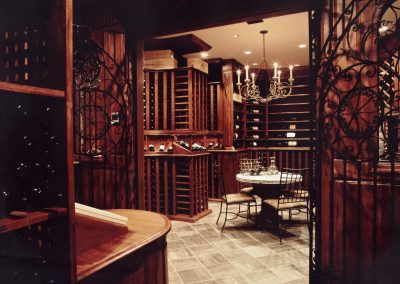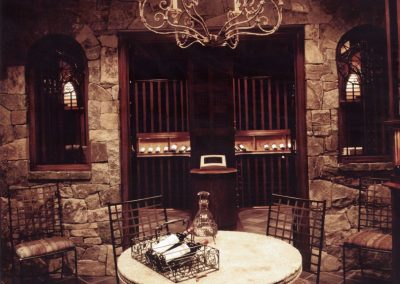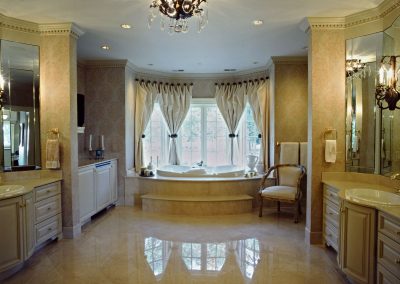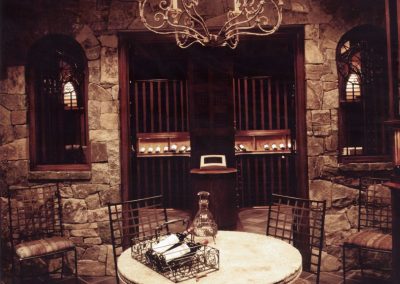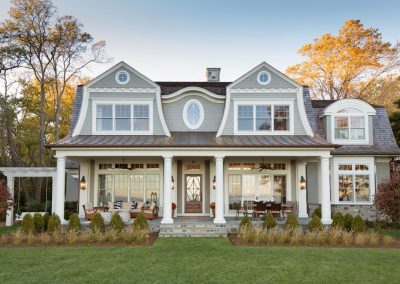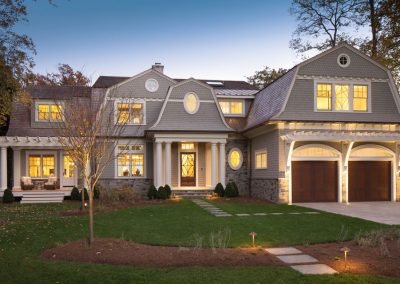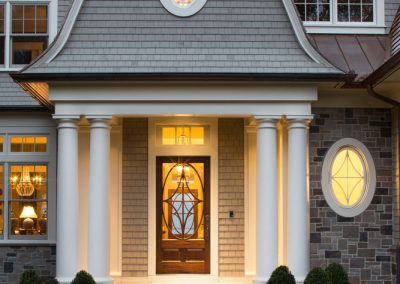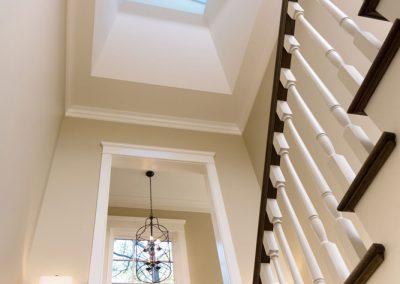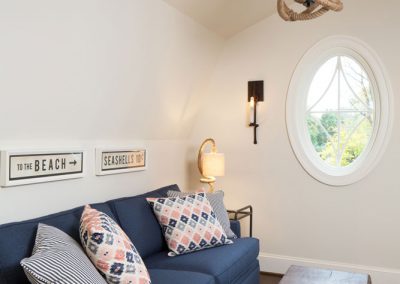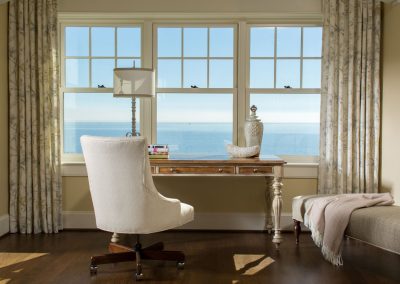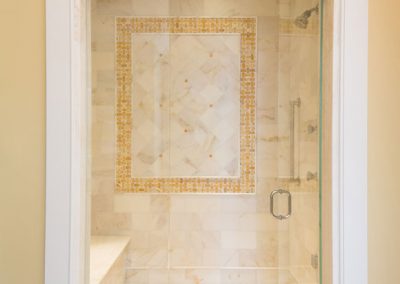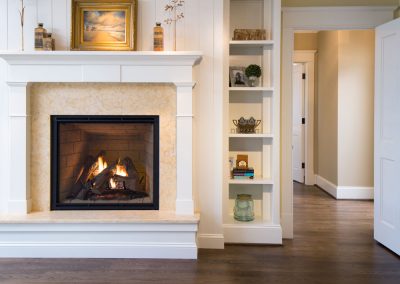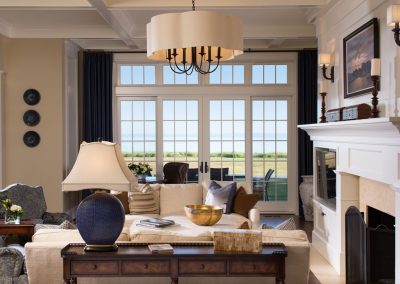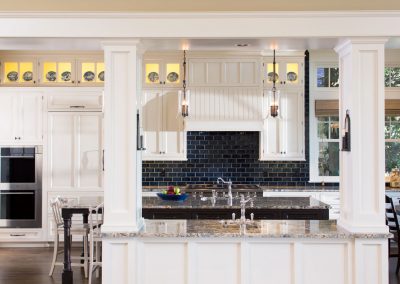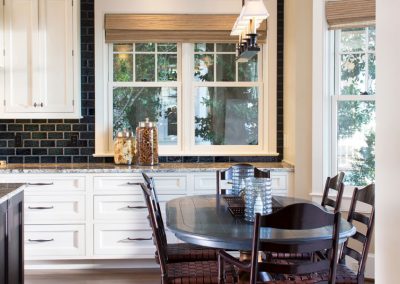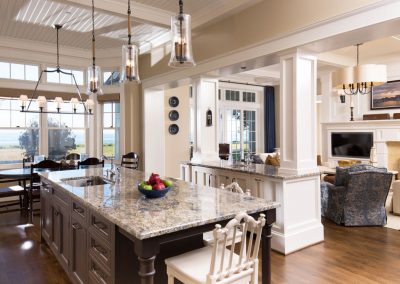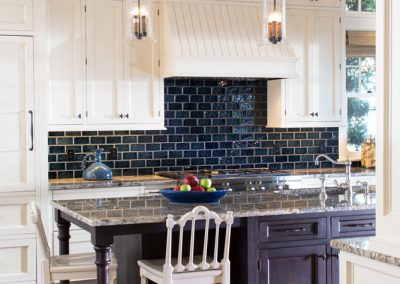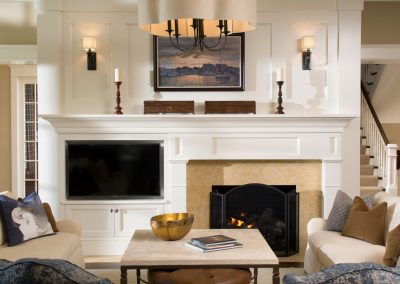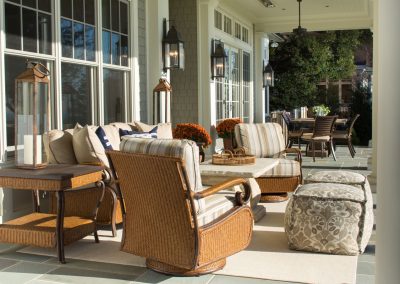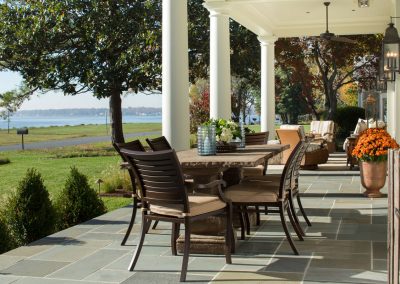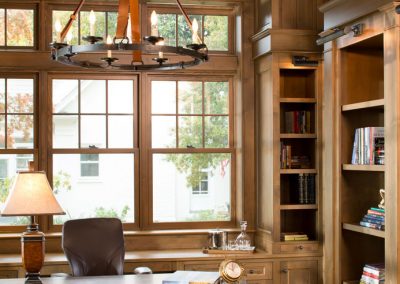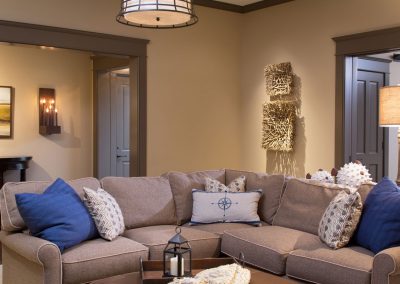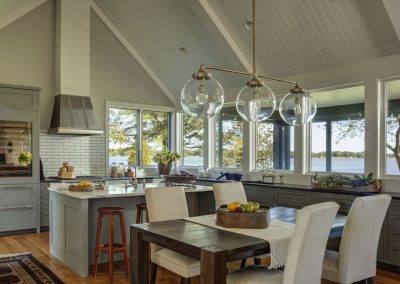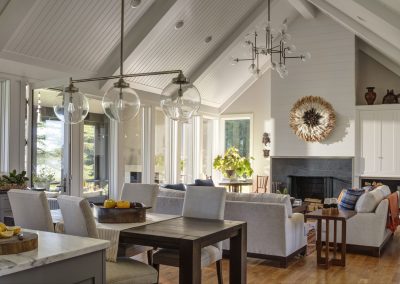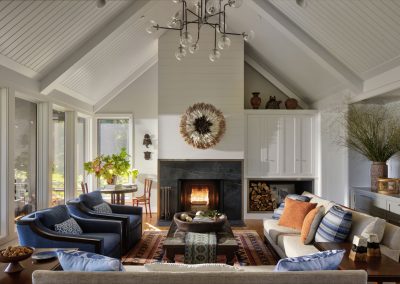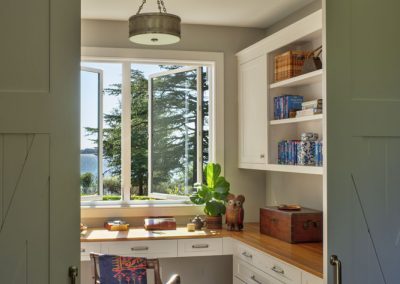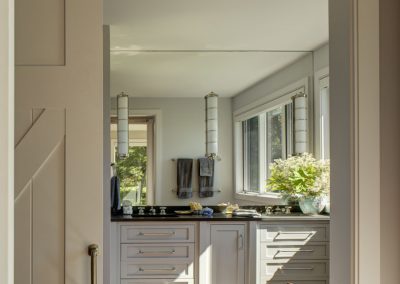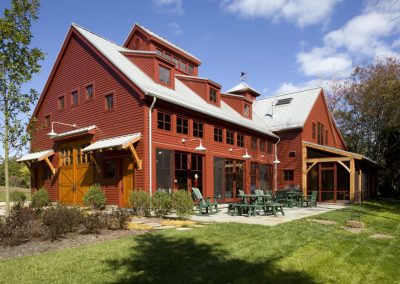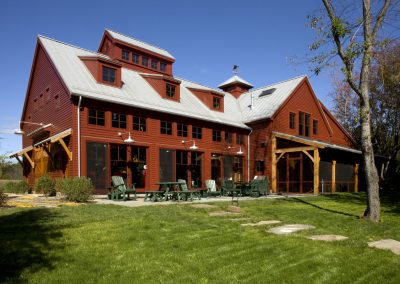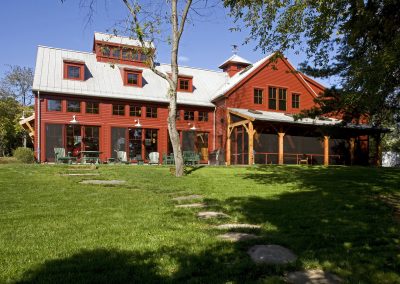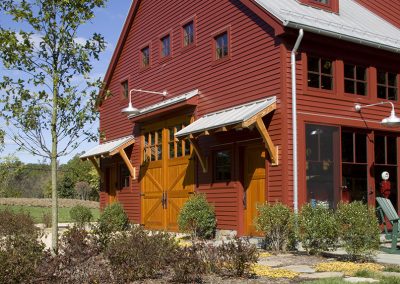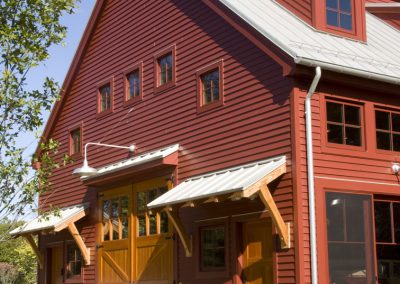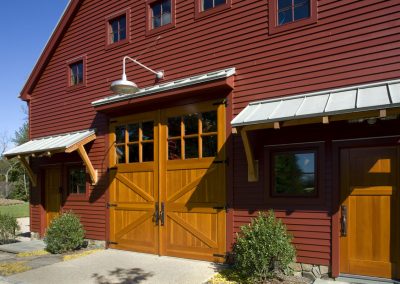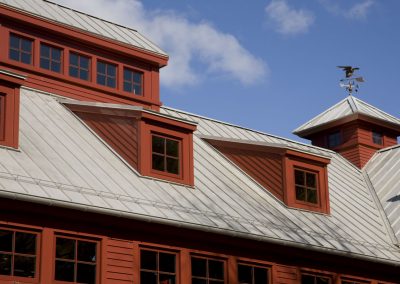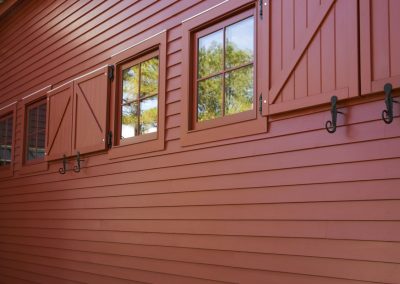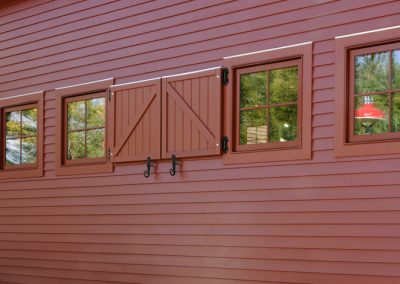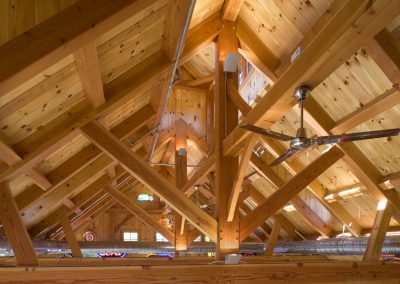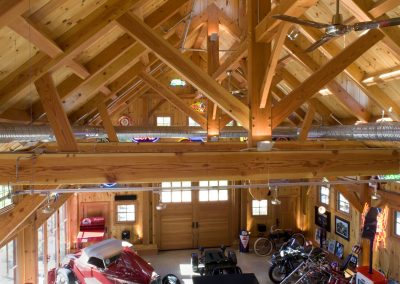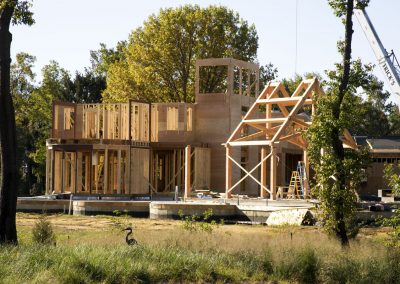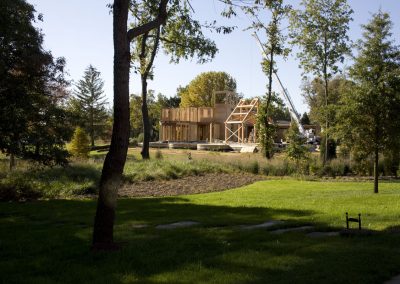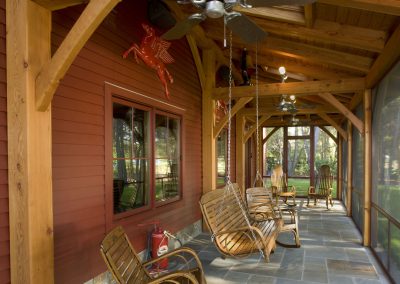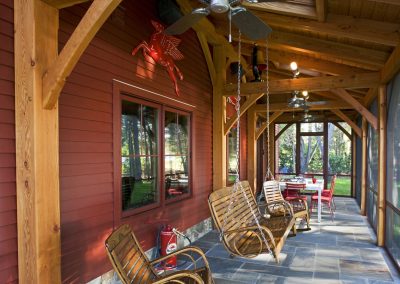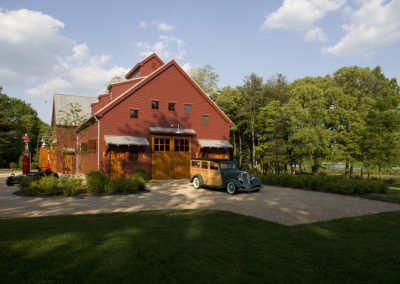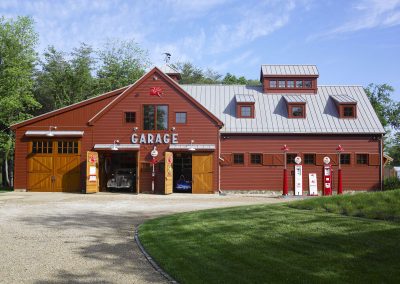Pilli Custom Homes
Build to match your lifestyle.
You’ve worked hard to build the home of your dreams, and you’re ready to take the first step. Whether your vision is to illustrate grandeur, create historic charm, side with tradition or explore modern architecture, Pilli Custom Homes brings experience, integrity and first-class service to the table.
We’d appreciate the opportunity to meet with you, listen to your plans and discuss how we can create a custom home to reflect your unique style. Call us today at 410-987-1020 to schedule an appointment.
Process
How We Work
Choosing Pilli Custom Homes guarantees the benefit of a partnership in the process of building your dream home. Because our mission is to build a relationship with you as we construct your home, we approach every recommendation and decision with your best interests at hand. We invest in time to assess your needs, so we can assume the responsibility of working on your behalf as we interface with contractors and vendors. And we believe that investment adds value for our customers. Because we understand your preferences and anticipate your wishes, we’re better prepared to serve as the leader among a team of professionals tasked with crafting your new home. When we establish a partnership, we’ll offer you the best way to contact your Project Manager with questions and concerns. We’ll keep you informed during the entire process from breaking ground to laying down the welcome mat.
What to Expect
A practiced and professional builder demonstrates expertise among the varied trades, including framing, concrete, dry wall, power and the installation of a range of features including flooring, fixtures, cabinetry and more. You can count on Pilli Custom Home’s decades of seasoned experience to guide you through the many decisions you’ll be asked to make.
As a client, you can expect us to work alongside you to accomplish each one of your goals. Our capable team will guide you through the process of making the many choices at your disposal to match your vision with industry.
Home Building Process
You can expect the general outline of building your custom home to follow these steps:
Step 1: Procure a Building Lot
Typically, the lot on which you choose to build is driven by your home’s design. Perhaps you envision a design and look for a suitable match, or, you identify a desirable lot and design a home to compliment its characteristics. Either way, choosing the lot is the starting point.
Step 2: Completion of the Home’s Design
Once a lot has been procured, the home’s design can be refined based on the constraints, structural requirements, aesthetic considerations and level of exterior and interior finishes desired. The architects will outline these aspects in detail throughout the construction plans and specifications. This step is a crucial one, and the result should also reflect your lifestyle and needs for functionality.
Step 3: Administration of Permits & Building Requirements
Once the home’s design is completed, the following steps must be taken to ensure administration of building codes and restrictions:
- A civil engineer will be contacted to develop a site plan to include the lot boundaries and building restriction lines, proposed location of the home, utilities and other prominent features.
- Building permits must be procured, often with the help of the civil engineering firm and/or the architect. In certain situations, this process is quite simple. In other situations there may be varied considerations and potential complications. Either way, there is typically a nominal time delay while local entities review their respective phases of the permit application, time which may be put to efficient use by interviewing builders and soliciting pricing information.
- Once the design is complete, preliminary specifications established and a site/grading plan intact, you’ll have enough information to inform prospective builders to compile cost estimates.
Step 4: Selecting the Right Builder for Your Home
Choosing the right builder to lead a skilled team is a critical decision. Here are a few tips:
Several competing builders may have similar qualifications.
First, take time to screen for the quality of their workmanship by surveying a few of the homes they’ve built. You’ll want to closely assess the following:
- Workmanship: Examine the fit and finish of doors, trim and built-in cabinetry. Look for professional installation of good quality materials.
- Functionality: Ensure accents such as cabinets, doors and windows work properly.
- Finish: Inspect the roofing, siding and finishing details; assess whether the various components compliment each other.
- Installation: Scan for neatness and professionalism in how the electrical and mechanical work is laid out and installed.
- Proactive Planning: If possible, inquire whether the builder planned ahead and anticipated potential problems.
- Customer Service: If possible, ask the owners about the builder’s service and response to questions and concerns throughout the entire process and even after moving day.
Interview builders and request references to assess strengths. Some builders are adept at producing lower cost projects, enabling them to finish a higher volume of projects. Others are more meticulous and exacting, taking more time and completing fewer projects, but delivering finer work. To compare the two in the same project bid will usually lead to confusion, disparity in pricing and wide variations in the final product. Try to determine the builder’s strengths.
Use discretion when requesting for preliminary or “ballpark” estimates. Many builders do have a historic cost base which allows them to approximate pricing. Your project might be compared to one finished in the recent past, and certain costs are simply extrapolated to provide a “best effort” estimate of your cost. But because the price can be easily influenced by a host of factors, a homebuyer must rely on the integrity and judgment of the prospective builder. Finally, square foot costs are particularly difficult to quantify and should always be treated as approximations.
Step 5: Specifications
The construction specifications outline key details for a home’s layout and infrastructure. Specifications include decisions regarding plumbing, electricity, insulation, interior finish, carpentry, windows, kitchen & bathrooms, the driveway and much more; and are extremely important, in that they help to define the home as much as the original design.
Specifications can significantly impact the cost of the home, and so should be carefully considered. Vague or improperly defined specifications lead to variations in cost estimates and will make it difficult, if not impossible, to compare pricing developed by prospective home builders.
Options are “second choices” to specifications, often referred to as “alternates.” Alternates can be valuable tools in understanding the way in which money is spent, and analysis of the value received. Evaluation of alternates will provide the information necessary to make informed decisions with regard to upgrades or cost saving ideas.
You will need to make decisions regarding a number of specifications issues which influence the quality, appearance and cost of the final product, including the following:
- Structural Specifications: Structural requirements will set a minimum standard for certain portions of the specifications. Take the example of floor “joists,” or the beams which create a floor’s framework. The typical structural specification will satisfy local codes, but upgrading the joist rating, spacing or depth will usually yield a noticeably “harder” floor, yielding a more luxurious feel.
- Exterior Finishes: The materials with which your home is built, including brick, stone and siding, along with exterior trim materials, roofing and other details also influence final product’s quality, appearance and cost.
- Windows and Doors: The manufacturer’s range of products and options present another area with the potential for variations in quality and costs.
- Interior Finishes: There is much variety among drywall, paint and finish levels, millwork materials and styles, flooring, ceiling details and built-in cabinetry which determine the character, and cost, of your new home.
Bid Process
Many homebuilders will want to compete for the opportunity to construct your dream home. Analyzing the competition can be a daunting process, and we recommend you begin by finalizing most of the construction decisions before soliciting for bids. The more detailed plans you can offer builders, the more likely those companies can submit prices from a common understanding of the final product. Take a look at the following plan to ensure the process is a smooth, accurate one:
- Submit Accurate Blueprints: The drawings submitted by your architect should be as complete as possible, with structural and engineering details resolved. Any provisions required to ensure that your prospective bidders will be including the same work should be provided.
- Submit the Site and Grading Plan: Prospective bidders will need to assess the site’s conditions and specifications of any septic and potable water work. In most cases, it will be necessary to grant the bidders entry to the property to understand access and current conditions.
- Submit Detailed Specifications: The more complete the specifications, the more uniform the approach to the project will be, and the ensuing bids will be more easily compared.
Bear in mind, it will not always be possible to make or foresee all decisions prior to soliciting bids on the project. In situations where the exact scope of work or materials are not yet known, it is common to use an “allowance” to ensure a reasonable amount of funding will be included to cover forthcoming choices. Allowances can be applied to labor, materials or both, and enable the homeowner and/or builder to budget a fixed amount toward work to be decided later, such as landscaping, flooring, etc. Once the work has been completed, the allowance will be reconciled, and any excess funds credited or shortages invoiced.
It’s true the bidding process can be tedious and time consuming. But allowing ample time for prospective builders to evaluate the request and develop a thorough proposal will make the process more efficient and accurate. You should expect builders to substantiate pricing with material quotes, subcontractor proposals and/or detailed in-house workups.
So how do we arrive at an accurate estimate?
First, Pilli Custom Homes uses a computerized estimating system with the ability to digitize drawings for “take-offs,” or the costs for certain sections or materials of the project, such as how many bricks are necessary to craft a driveway, for example.
Then, our team produces a detailed and itemized estimate to which the Project Manager, the accounting department, and under some contract arrangements, the homeowner, can refer throughout the course of the project. Most phases of the work are cross-checked by estimating the work in-house, and compared to bids solicited from subcontractors including companies providing masonry, concrete, roofing, siding, trim-work, flooring and site-work. This allows us to identify and correct discrepancies prior to moving forward. We also develop detailed material lists for phases of the work such as framing material, siding and interior & exterior trim.
Contracts & Change Orders
There are two basic contexts in which home construction contracts are established:
Fixed Price, or Cost plus Percentage; and each have their advantages.
The “fixed price” contract is an excellent option when the details have been clearly specified, and no substantial changes are anticipated. This contract style will reference the plans and specifications, cost and payment terms and schedule, completion time, warranty and various other conditions.
Under this type of contract, changes made later to the scope of work are executed under the authority of a “change order.” Change orders describe the proposed change, the cost and the time adjustments, if any, necessary. Builder markup on change orders will follow the contract terms, subject to the same percentage calculated originally.
Change orders are an effective way to handle minor variations during the construction of projects which typically don’t anticipate many changes. Then, if changes are made or proposed, the project may be delayed while changes are investigated and cost/impacts calculated, since related work cannot proceed until the change is approved by both homeowner and builder.
The “cost plus percentage” contract serves well in situations where the owner wishes to have more flexibility and involvement in the project. This arrangement reduces the need for formalized change orders and the delays that accompany working out exact costs prior to executing proposed changes.
Working within the terms of a cost plus percentage contract allows the homeowner to reduce overhead by sharing the benefits and risks with the builder. By comparison, builders working under a fixed price contract will, by necessity, include margins to cover potential punch-out and service costs, as well as minor unforeseen changes. By only incurring cost on the work actually executed, the builder is able to work safely under a reduced margin. The owner, in turn, only pays for work actually required and not work that must be automatically written into the project, such as the potential for repeated trips after move-in to service or adjust components of the home.
Services
Products
At Pilli Custom Homes, we’ve never built the same home twice. This is an important distinction from some of our competitors. “Custom” is a term which has recently evolved to describe homes in communities where buyers are allowed to make their own selections of countertops, flooring and fixtures. We don’t believe that makes a truly custom home, and we invite you to visit our gallery to witness true one-of-a-kind workmanship.
Because we enjoy a respected reputation in our niche, we can negotiate the best prices for the top-quality materials you expect, and we insist upon. Pilli Custom Homes is a familiar name to our friends throughout the trade, including the architects who rely on us to match the designs they create with industry and enterprise.
Services
At Pilli Custom Homes, our long-standing reputation resulted from of a combined passion for quality and service. To us, providing exceptional service isn’t just a catch-phrase, it’s the only way we do business. Throughout the process of creating a one-of-a-kind home, our job is to coordinate and manage the efforts of a legion of team members working toward the common goal of constructing your unique home. Our goal is to ensure the estimating, design and building process remains as seamless as possible for you; so, we take the helm and serve as your primary interface during the process.
We compile accurate estimates, coordinate architecture with value, refine designs, help in fine-tuning specifications, procure contractors, process change orders and resolve problems. We go to great lengths to ensure a transparent, smooth operation in which we establish a partnership.
Warranty
Again, we might sound like traditionalists, but our warranty reaches beyond the standards dictated by National Homebuilders Association. When we establish a partnership with a home buyer, it means we guarantee your satisfaction with our work from the day you sign a contract through the first night you spend in your new home, and beyond. It’s common for our clients to call us periodically with questions and requests for referrals and advice, and we’re glad to help.
Our mission is to make long-term friends. Our greatest compliment occurs when our clients refer us to their friends, associates and families. And to do that, our clients must have complete faith in our abilities. So, when we agree to build a one-of-a-kind home, we guarantee we’ll respond to issues that arise during and after completion of the project. We work hard each day to develop a rapport with our clients which promotes constant, open and lasting communications. The bottom line? We guarantee our work by being there whenever you need us, even after you move in.
Testimonials
About Pilli
Mission & Values
At Pilli Custom Homes, we realize you have several choices of qualified homebuilders in Maryland to construct your custom home. What separates us from our friends in the industry? First, we believe the longevity of our business speaks for itself. Our success has bred confidence and expertise, and we’re always willing to learn new skills and adapt to changing environments. We still cling to the time-honored values established by John Pilli, Sr., who believed in honesty, integrity, accuracy and quality. They’re simple traditions, but embracing them has helped our business to thrive; and for that, we’re grateful. We’re proud to say our greatest satisfaction is turning client relationships into friendships.
We strive to form lasting partnerships by offering our clients unmatched quality, transparency and service as together, we honor their investment of a lifetime, building a one-of-a-kind custom home.
Philosophy
Building the home of your dreams is likely to be the most significant investment of time and money you’ll make in your lifetime. Our commitment to you is to honor that investment, and to do everything in our power help you see us as a partner in the endeavor.
What does that mean? First, we promise to approach each and every conversation with you, or on your behalf, with honesty and transparency. We view ourselves as the leader of a diversely talented team, tasked with collaborating in the effort to propel your dream to life.
Second, we insist upon treating others with dignity and respect. We value your business, and we keep working to earn it even after the contract is signed.
Finally, our entire team is dedicated to providing our clients with first-class service from start to finish, and beyond. We establish, and work hard to maintain transparency in cost and time estimates, open lines of communication, expedient response to concerns and continued service even after your home is built.
History & Now
We’re proud to acknowledge our company’s name reflects our humble beginnings and rise to success. In 1972, Past President John Pilli Sr. founded our company and established a solid reputation while building custom homes throughout Anne Arundel County. Over time, he proudly passed along his trade to his son, Guy Pilli.
Propelling our organization to new heights of success, Guy has expanded the business during his tenure to include new territory surrounding Maryland’s Eastern Shore. He expanded our capabilities and embraced the next challenge of building luxury estate homes. When John Sr. retired, Guy became our new President and now presides over our entire operation. A hands-on manager, Guy still acts as a Project Manager for many of those projects.
During the early 1970’s, Ed Shell joined Pilli Custom Homes, serving as a Cost Estimator and Purchaser since the late 1980’s. Since 1991, Ed has been General Manager, and works in tandem with Guy to oversee the operation. Their combined talents help clients move seamlessly through the process from the initial consultation to proposal to completion. Both remain accessible to clients throughout the construction process and well beyond move-in. Together, Ed and Guy bring seasoned professionalism, experience and unmatched integrity to the table.
When you contact our office, you’ll be warmly greeted by Cher Sommer, Pilli Custom Home’s Office Manager. She’s been with the company since the mid-1990’s, and over the years she’s has learned a thing or two about the industry. Cher’s experience on the front lines enables her to answer initial questions and put clients in touch with the right people, right away.
You might wonder who deals with the “nuts and bolts” of our operation; and his name is Henry Crew. Henry joined Pilli Custom Homes in the early 1990’s as a member of our framing team. His outstanding abilities earned him a promotion to lead that crew; and later, he was promoted to Project Manager. Henry’s abilities are second to none.
We take pride in our flexibility and ability to help clients navigate the custom-building process seamlessly. We jump through hoops every day to anticipate, prevent and manage potential issues and concerns.
Ed Shell, General Manager
